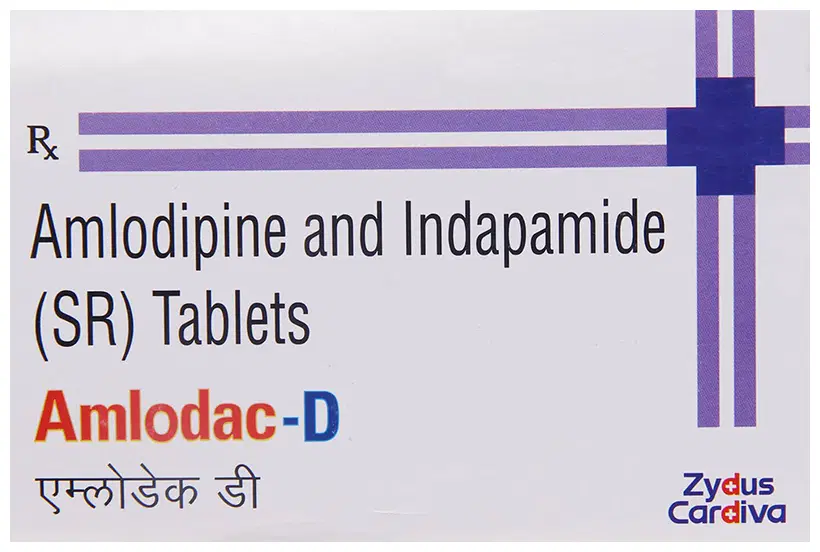Hypertension (high blood pressure)
Hypertension, commonly known as high blood pressure, is a long-term medical condition in which the force of the blood against the walls of the blood vessels is consistently too high. It is a major risk factor for various health issues, including heart disease, stroke, and kidney disease.
Blood pressure is measured in millimeters of mercury (mmHg) and is expressed as two numbers: systolic pressure (the higher number) and diastolic pressure (the lower number). Normal blood pressure is generally considered to be around 120/80 mmHg. Hypertension is typically diagnosed when the systolic pressure is consistently 130 mmHg or higher, or the diastolic pressure is consistently 80 mmHg or higher.
There are various medications available to treat hypertension, including diuretics, beta-blockers, ACE inhibitors, calcium channel blockers, and angiotensin II receptor blockers. These medications work by relaxing and widening the blood vessels, reducing the pressure in the arteries, and improving overall blood flow.
Consult with a healthcare professional to determine the most suitable medication and treatment plan for managing hypertension. Regular monitoring of blood pressure and adherence to the prescribed treatment plan can help reduce the risk of complications and improve overall health.

Showing 25–36 of 9703 results
Showing 25–36 of 9703 results




